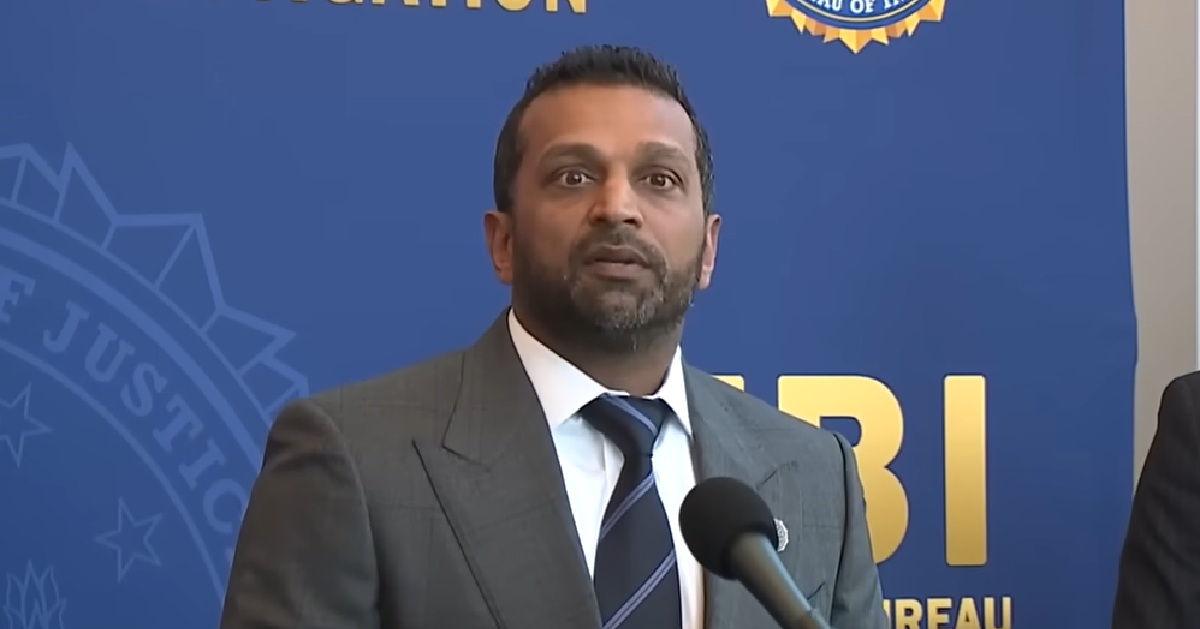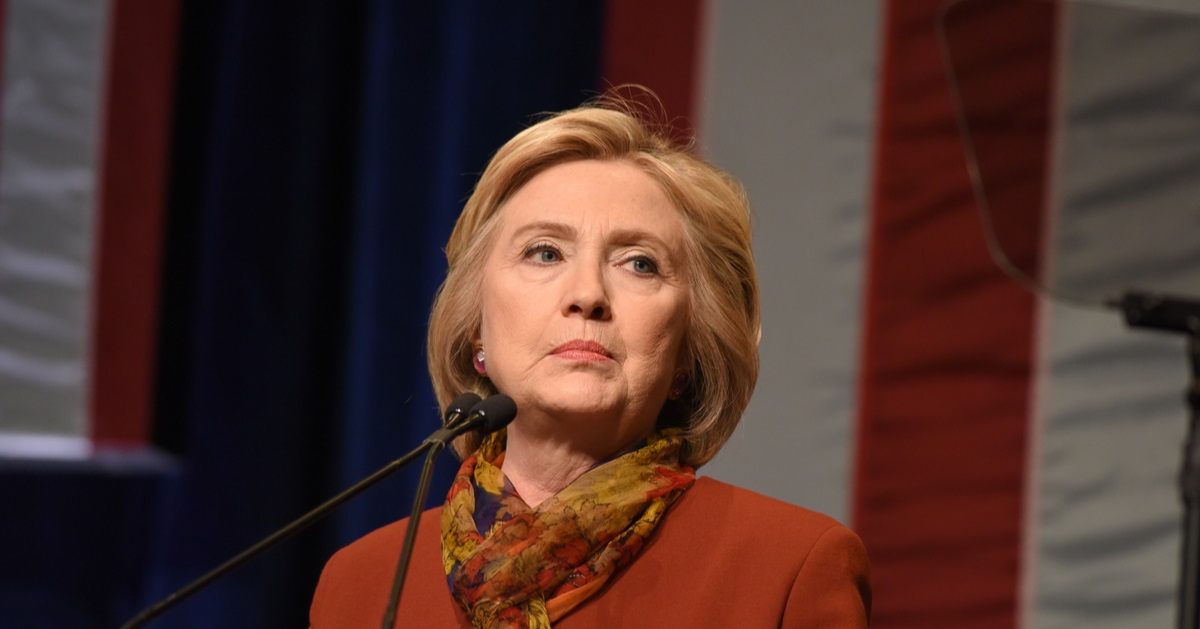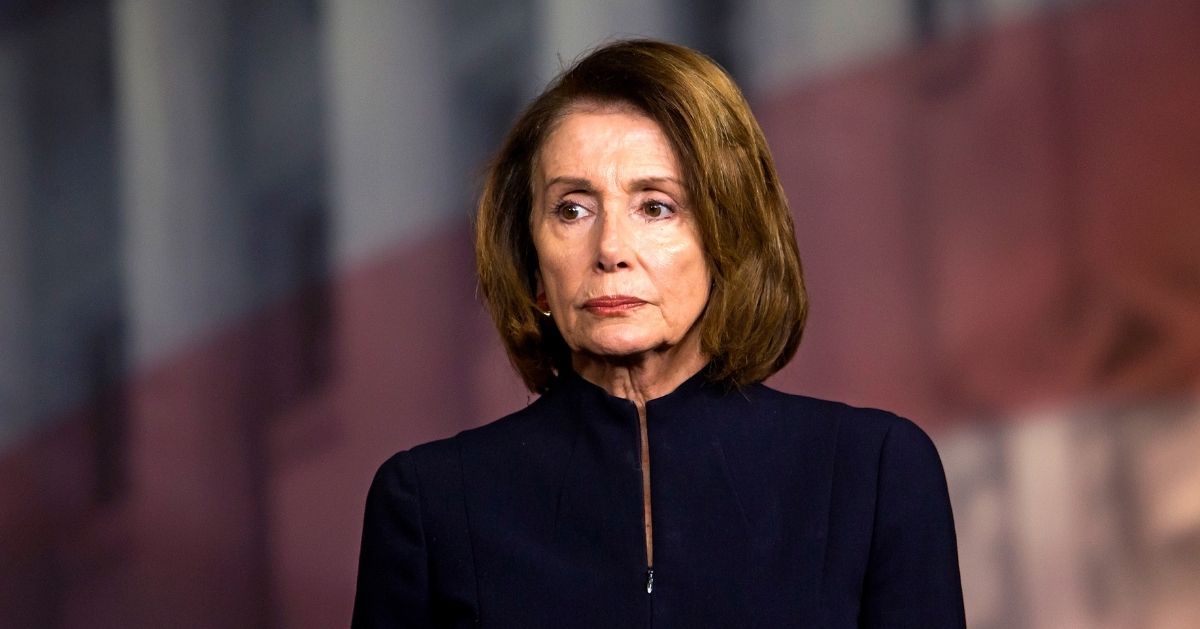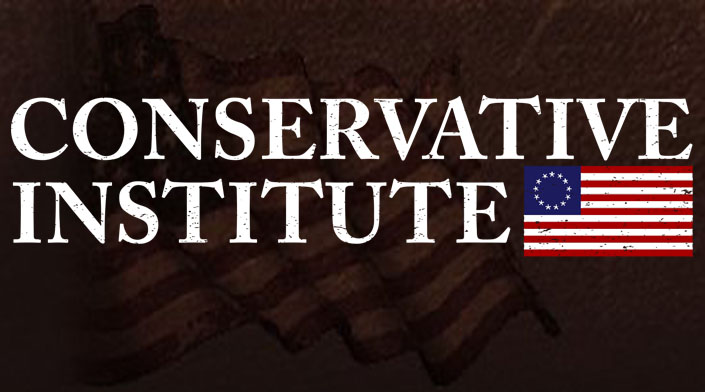Biden, who kept many of Trump's first term tariffs, now says tariff threats to achieve policy wins are 'counterproductive'
President-elect Donald Trump, who believes in the use of tariffs as a negotiating tool, threatened this week to impose tariffs on the nation's three biggest trading partners -- China, Canada, and Mexico -- to compel their cooperation with certain policy demands on critical issues.
Outgoing President Joe Biden, who has often criticized Trump's use of tariffs, suggested this week that Trump's recent threats were "counterproductive," NBC News reported.
Yet, for all of his criticisms of Trump's tariffs over the years, Biden has left many of them from Trump's first term in place and even strengthened some of them, particularly against China.
Trump threatens new tariffs on Canada, Mexico, and China
In a Truth Social post on Monday, President-elect Trump took note of the crime, drugs, and illegal immigration coming across the U.S. borders and wrote, "On January 20th, as one of my many first Executive Orders, I will sign all necessary documents to charge Mexico and Canada a 25% Tariff on ALL products coming into the United States, and its ridiculous Open Borders."
"This Tariff will remain in effect until such time as Drugs, in particular Fentanyl, and all Illegal Aliens stop this Invasion of our Country!" he added. "Both Mexico and Canada have the absolute right and power to easily solve this long simmering problem. We hereby demand that they use this power, and until such time that they do, it is time for them to pay a very big price!"
In an immediate follow-up post, Trump took note of China's failure to fulfill its vow to stem the flow of Chinese-produced fentanyl into the U.S. and said, "Until such time as they stop, we will be charging China an additional 10% Tariff, above any additional Tariffs, on all of their many products coming into the United States of America."
Biden said Trump's tariff threats against allies are "counterproductive"
On Thursday, President Biden took time out of his holiday vacation on Nantucket Island in Massachusetts and briefly spoke with reporters while at a local fire station on Thanksgiving, during which he was asked about President-elect Trump's threatened tariffs against Canada, Mexico, and China.
Asked specifically about the tariffs on Canada and Mexico, Biden replied, "I hope he rethinks it. I -- I think it’s a counterproductive thing to do."
He noted the "unusual situation" for the U.S. in that it was surrounded by two oceans and "two allies: Mexico and Canada. And the last thing we need to do is begin to screw up those relationships. I think we’ve got them in a good place."
Biden was a bit more circumspect when pressed about the threat of an additional tariff on China, however, as he pointed to the "status quo ante" that has developed between the U.S. and China and his belief that Chinese President Xi Jinping "doesn’t want to make a mistake. And I mean that sincerely. And I’m not saying that he is our best buddy, but he -- he understands what’s at stake."
Biden retained and even increased some of Trump's tariffs
President Biden's critiques of President-elect Trump's efforts to use tariffs as a tool to achieve his policy agenda goals is nothing new, as Biden, along with most Democrats, many economists, and even some Republicans, have expressed such criticism for years.
Yet, as Newsweek reported, for all of his bad-mouthing of tariffs, Biden left in place many of the tariffs imposed by Trump during his first term, including about $300 billion worth against China, some of which he even increased further.
To be sure, the jury is out on whether Trump's use of tariffs as a negotiating tool with allies and rivals alike will succeed or merely result in retaliatory tariffs, a trade war, and higher costs borne by American consumers.
That said, if the nations that Trump has targeted with tariff threats make the requested efforts to remove those tariffs or avoid them in the first place, that would be an undisputed win for Trump and the American people.





